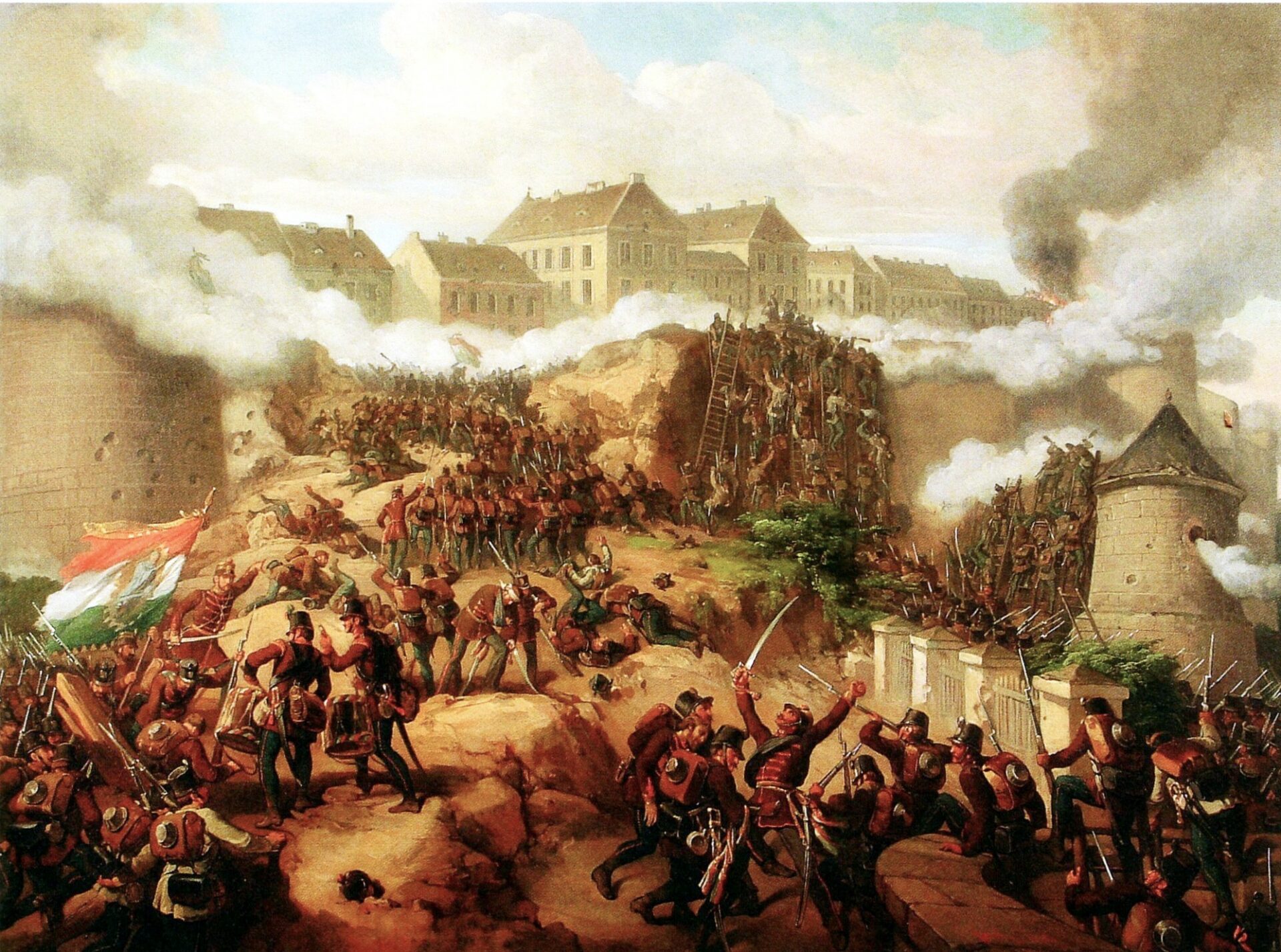Nationalism was a common denominator of several revolutions in 1848. It prompted the disunited Germans and Italians to attempt political unification, and it inspired the subject peoples of the Habsburg Empire to seek political and cultural autonomy. The new nationalism tended to focus on language.
The Czech language, for example, was almost extinct in the late eighteenth century. By 1848, however, a Czech linguistic and literary revival was in full swing. Patriotic histories and collections of Czech folk poetry kindled a lively interest in the national past and fostered dreams of a Pan-Slavic awakening.
Liberalism, the second common denominator of the revolutions, encompassed a wide range of programs. In central and western Europe, liberals demanded constitutions to limit absolute monarchs, and to liquidate feudal rights and manorial dues. In France, many liberals sought to replace the July Monarchy with a democratic republic.
But what did they mean by “democratic”? For some, democracy meant that every man (not yet every woman) should have not only the right to vote but also the “right to work”—a phrase that implied the need for governments to take measures against unemployment and other social ills aggravated by the alternating prosperity and depression associated with industrial growth.
An economic crisis helped to catalyze discontent into revolution. A blight ruined the Irish potato crop in 1845 and soon spread to the Continent; the grain harvest of 1846 also failed in western Europe. The consequences were a sharp rise in the price of bread and bread riots; mass starvation occurred in Ireland, and widespread misery affected France, Germany, and Austria. The food crisis was compounded by an industrial depression. The number of unemployed mounted just as food prices were rising, thus intensifying popular suffering.
Scholars generally agree that these revolutions did not arise from conspiracies of Masons, Jews, or radicals, though many observers at the time blamed such scapegoats. While the fermentation of ideas had prepared the soil, and while social problems had created worried, angry populations, the long-term cause was a growing conjunction between political and economic crises. Demographic shifts, attacks on traditional social practices, and the effects of industrialism gave ideas of nationalism and liberalism a force they had not had since 1789.

